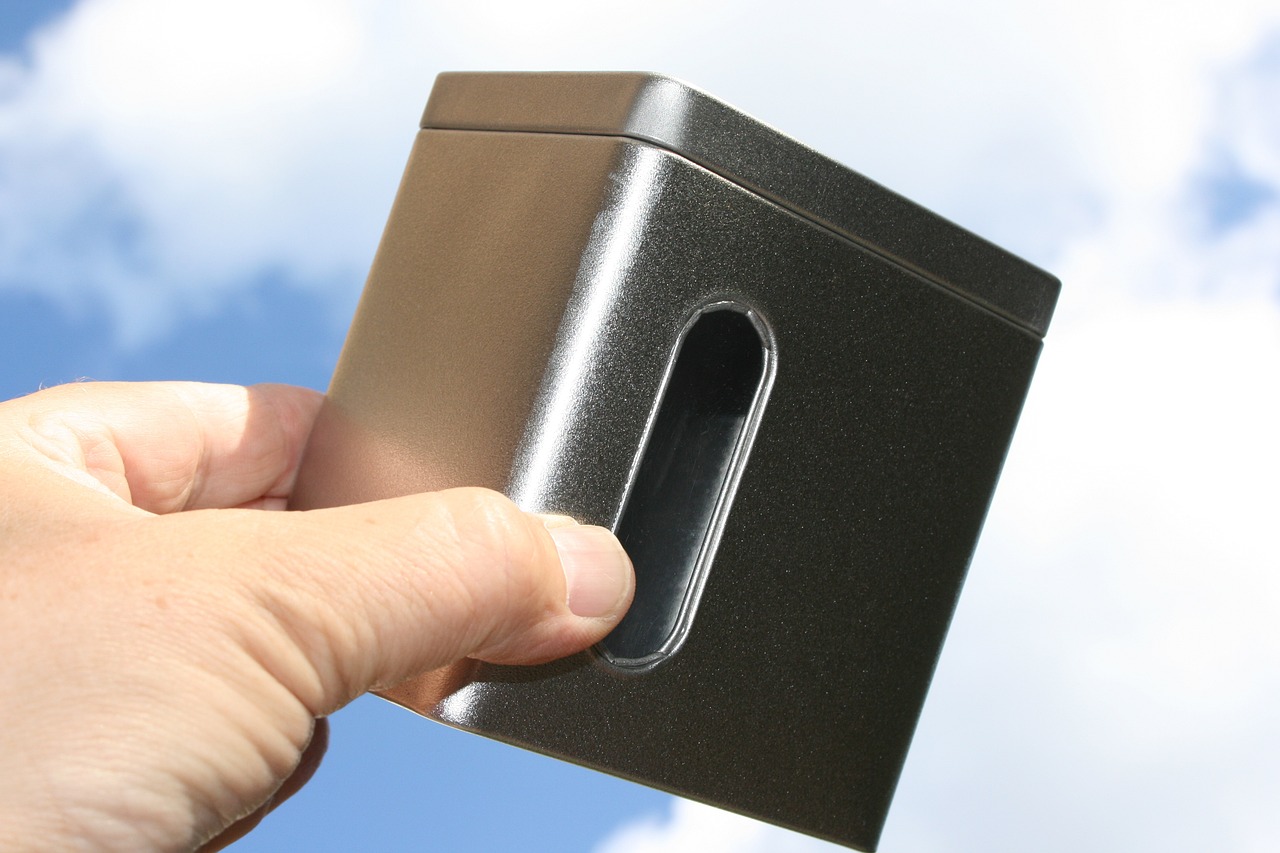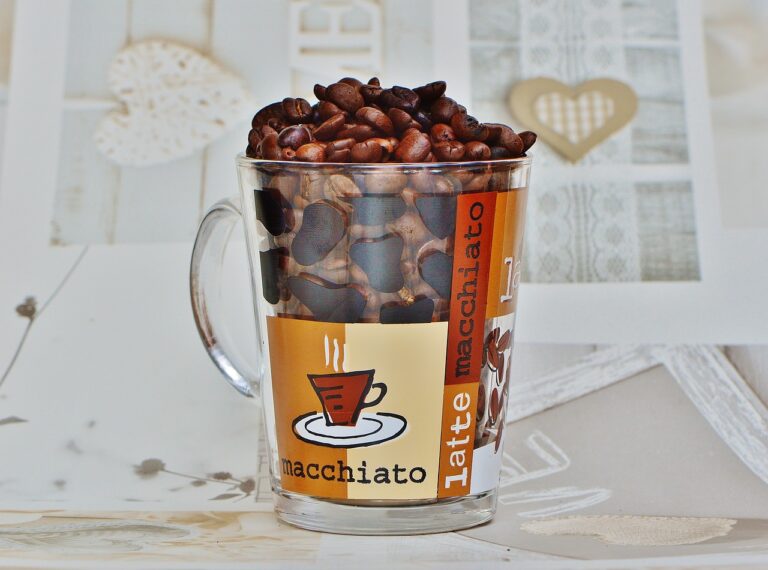The Psychology of Brand Loyalty: What Keeps Consumers Coming Back: Sky 247, Diamondexch9.com register, Tigerexch
sky 247, diamondexch9.com register, tigerexch: Brand loyalty is essential for businesses to thrive in today’s competitive market. It is what keeps consumers coming back for more, even when there are countless other options available to them. But what exactly is it that makes customers loyal to a particular brand? Let’s delve into the psychology behind brand loyalty and explore what factors contribute to this phenomenon.
1. Emotional Connection:
One of the key drivers of brand loyalty is the emotional connection that consumers have with a particular brand. When consumers feel a strong emotional bond with a brand, they are more likely to continue patronizing it even when there are cheaper or better alternatives available. This emotional connection can be built through effective marketing campaigns, storytelling, and consistent brand messaging.
2. Quality Products or Services:
Another important factor that contributes to brand loyalty is the quality of products or services offered by a brand. When consumers trust that a brand consistently delivers high-quality products or services, they are more likely to remain loyal to that brand. This trust is built over time through positive experiences and word-of-mouth recommendations.
3. Customer Service:
Customer service plays a crucial role in building brand loyalty. When consumers feel valued and appreciated by a brand, they are more likely to continue doing business with that brand. Brands that prioritize excellent customer service and go above and beyond to meet the needs of their customers are more likely to create loyal followers.
4. Consistency:
Consistency is another key factor that contributes to brand loyalty. Brands that maintain a consistent image, messaging, and quality over time are more likely to retain loyal customers. Consumers appreciate predictability and reliability in the brands they choose to support.
5. Brand Identity:
Brand identity is the unique set of characteristics, values, and attributes that distinguish a brand from its competitors. Consumers who resonate with a brand’s identity are more likely to develop brand loyalty. Brands that have a strong and clear brand identity are more likely to attract and retain loyal customers.
6. Reward Programs:
Reward programs and loyalty incentives are effective tools for maintaining brand loyalty. Consumers love to be rewarded for their loyalty, whether it’s through discounts, exclusive offers, or loyalty points. Brands that offer rewards and incentives to their loyal customers are more likely to keep them coming back for more.
In conclusion, brand loyalty is a complex phenomenon that is influenced by various factors, including emotional connections, product quality, customer service, consistency, brand identity, and reward programs. By understanding the psychology behind brand loyalty and implementing strategies to cultivate it, businesses can create a loyal customer base that will support them for years to come.
FAQs:
Q: How can businesses measure brand loyalty?
A: Businesses can measure brand loyalty through customer surveys, repeat purchase rates, customer retention rates, and Net Promoter Scores (NPS).
Q: Can brand loyalty be built quickly?
A: Building brand loyalty takes time and consistent effort. It is not something that can be achieved overnight but requires ongoing commitment to delivering value and building relationships with customers.
Q: How can businesses improve brand loyalty?
A: Businesses can improve brand loyalty by focusing on customer service, product quality, brand consistency, and implementing reward programs to incentivize repeat purchases.







